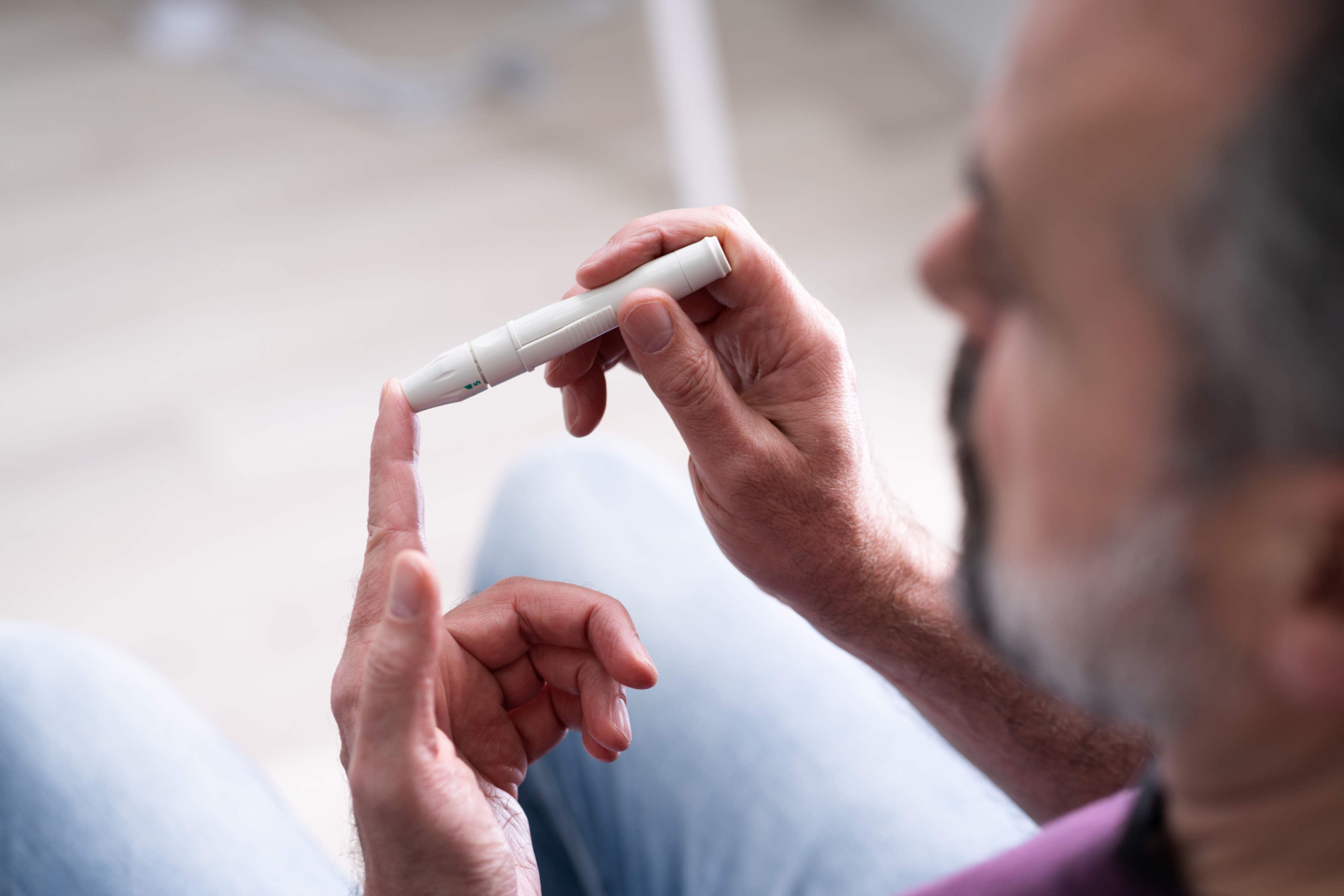If diabetes management is inadequate, blood sugar levels will inevitably be too high. In addition, many factors increase the need for insulin, such as stress, weight gain, reduced physical activity, and hormonal fluctuations in the menstrual cycle for women. Also various illnesses, infections, injuries, bed rest, and cortisone medication usually elevate blood sugar levels. Sometimes, the cause of temporary blood sugar elevation may remain unclear.
However, consistently or persistently elevated blood sugar levels usually have an identifiable underlying cause that should be investigated and addressed.


